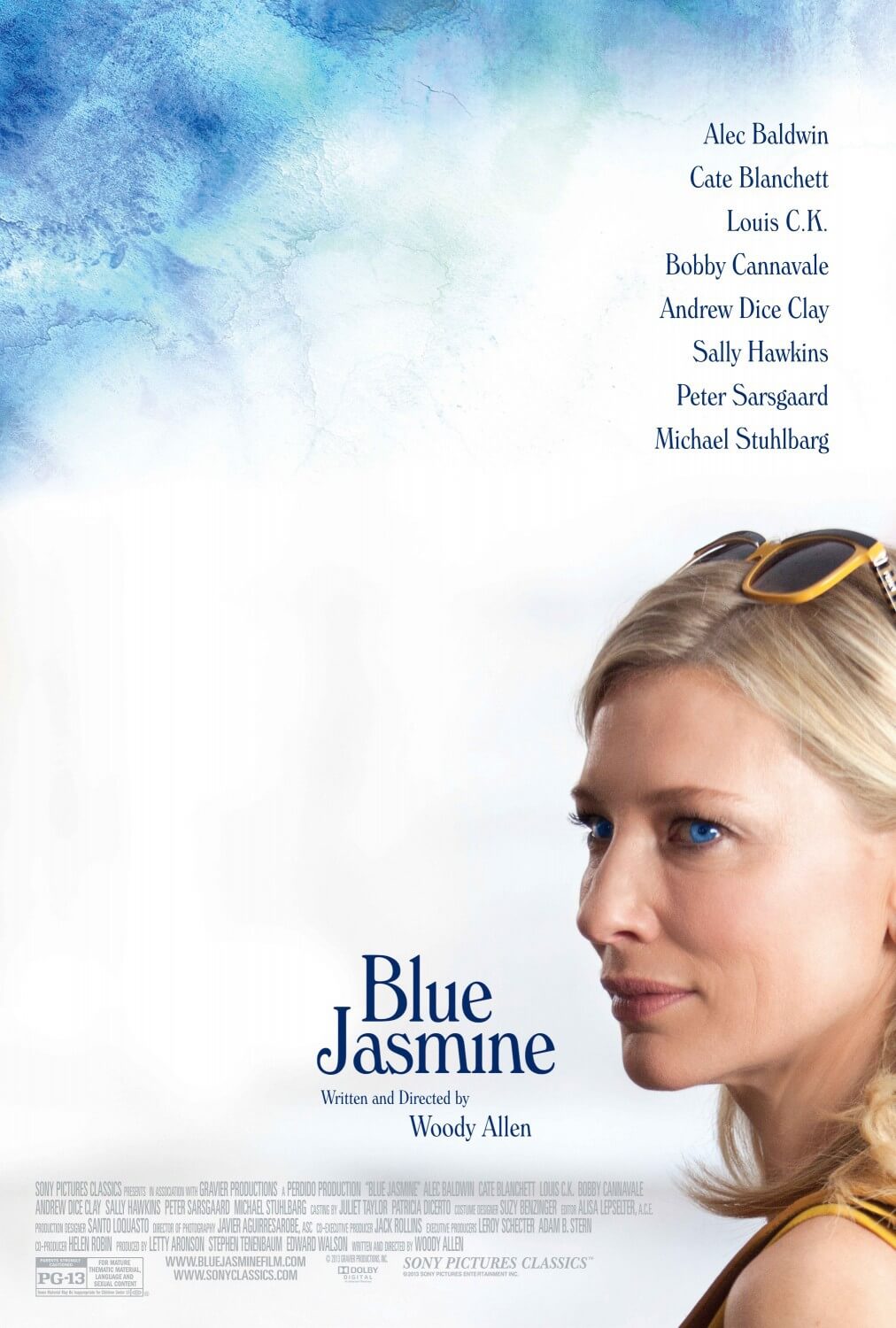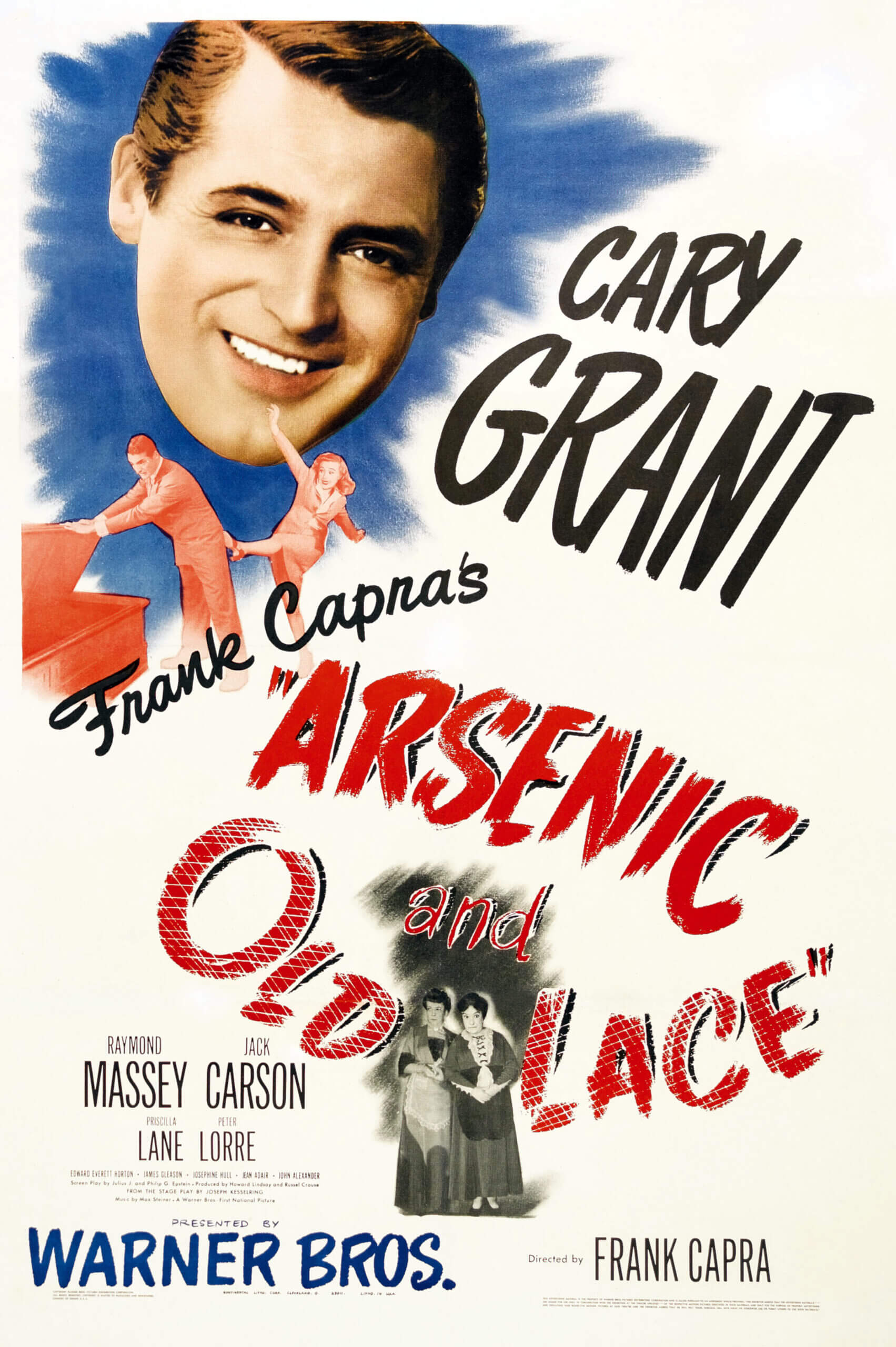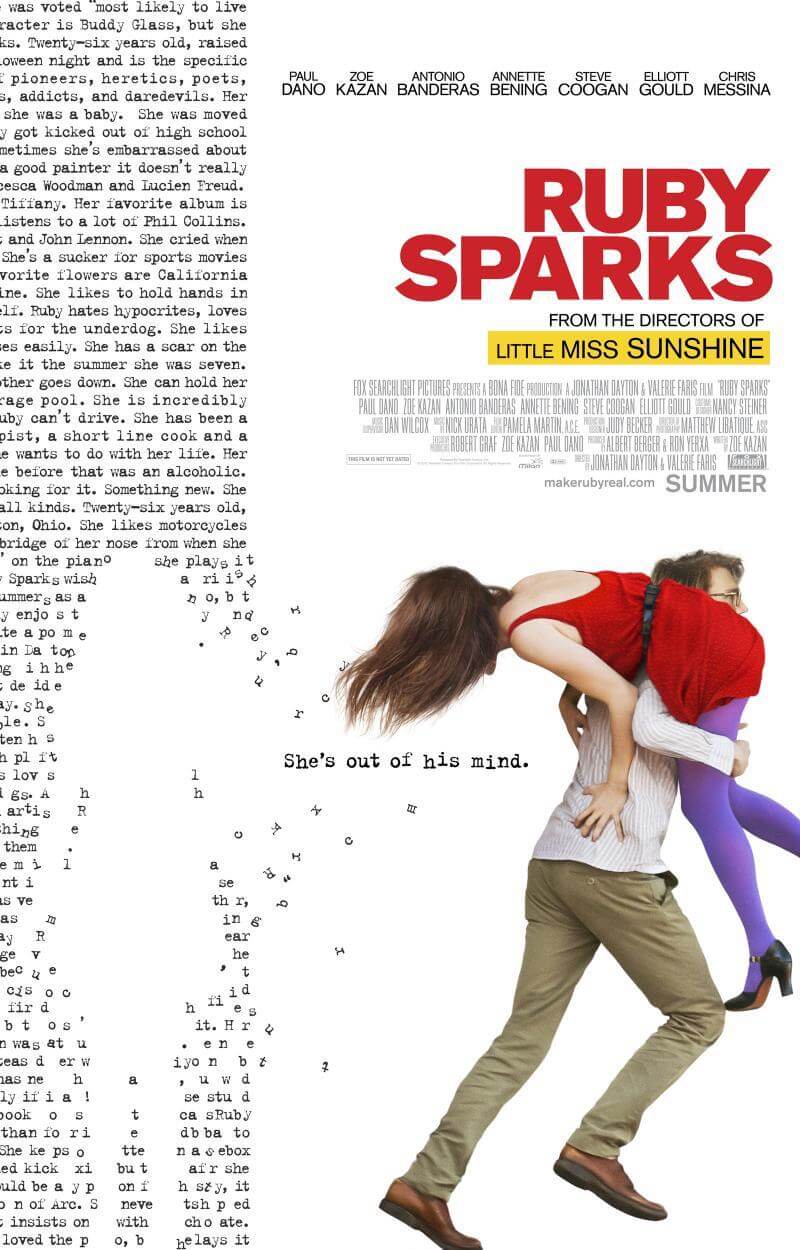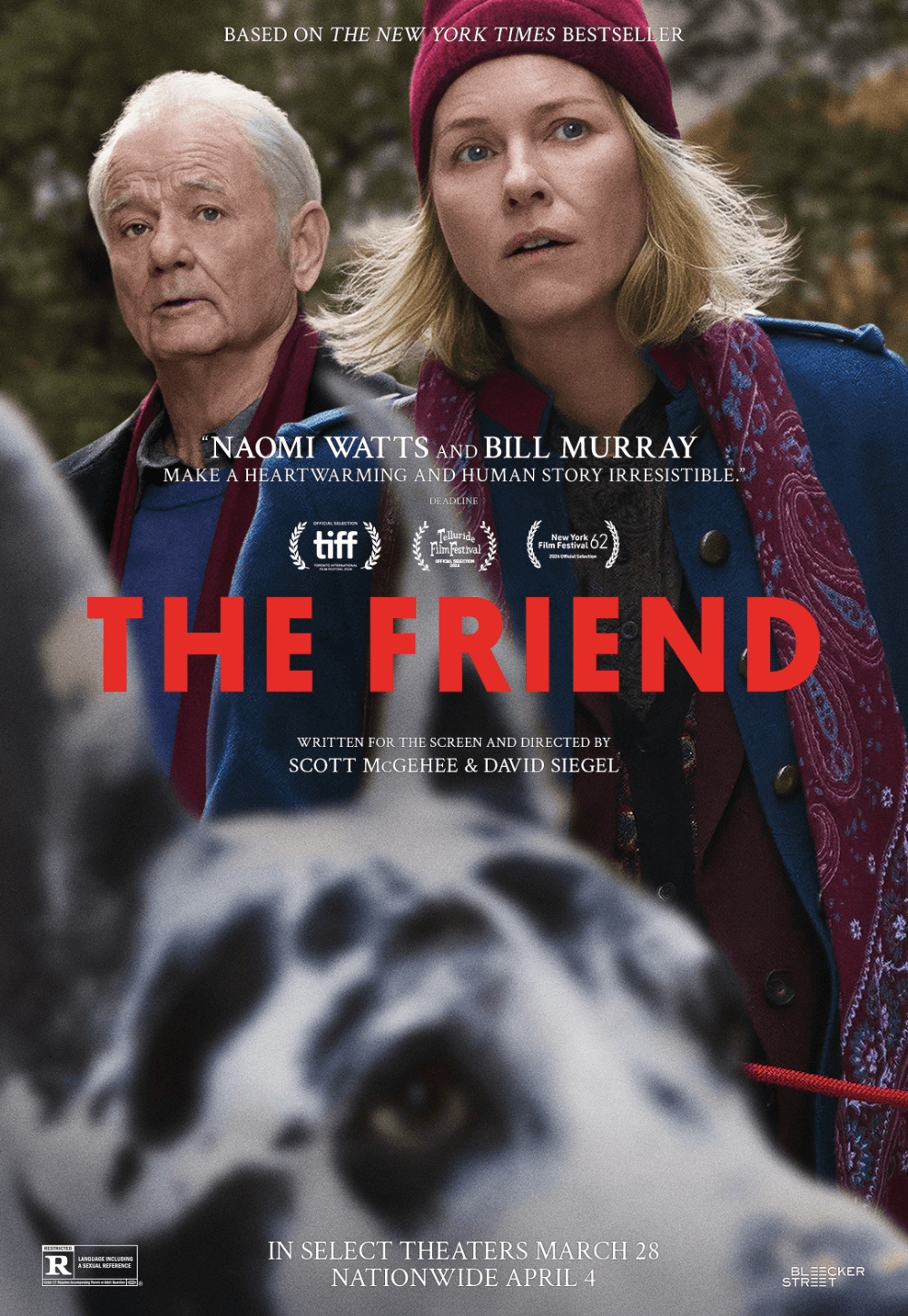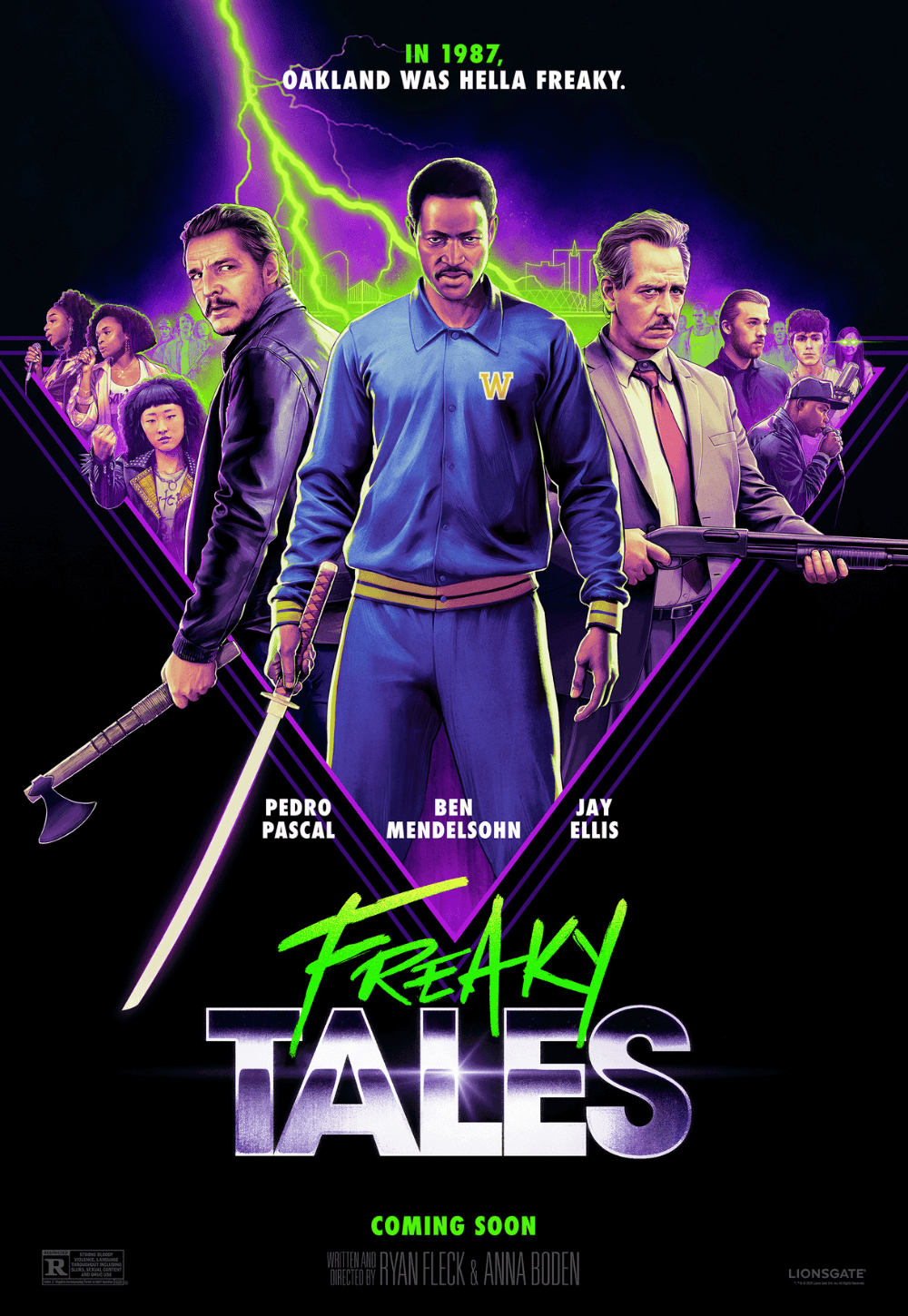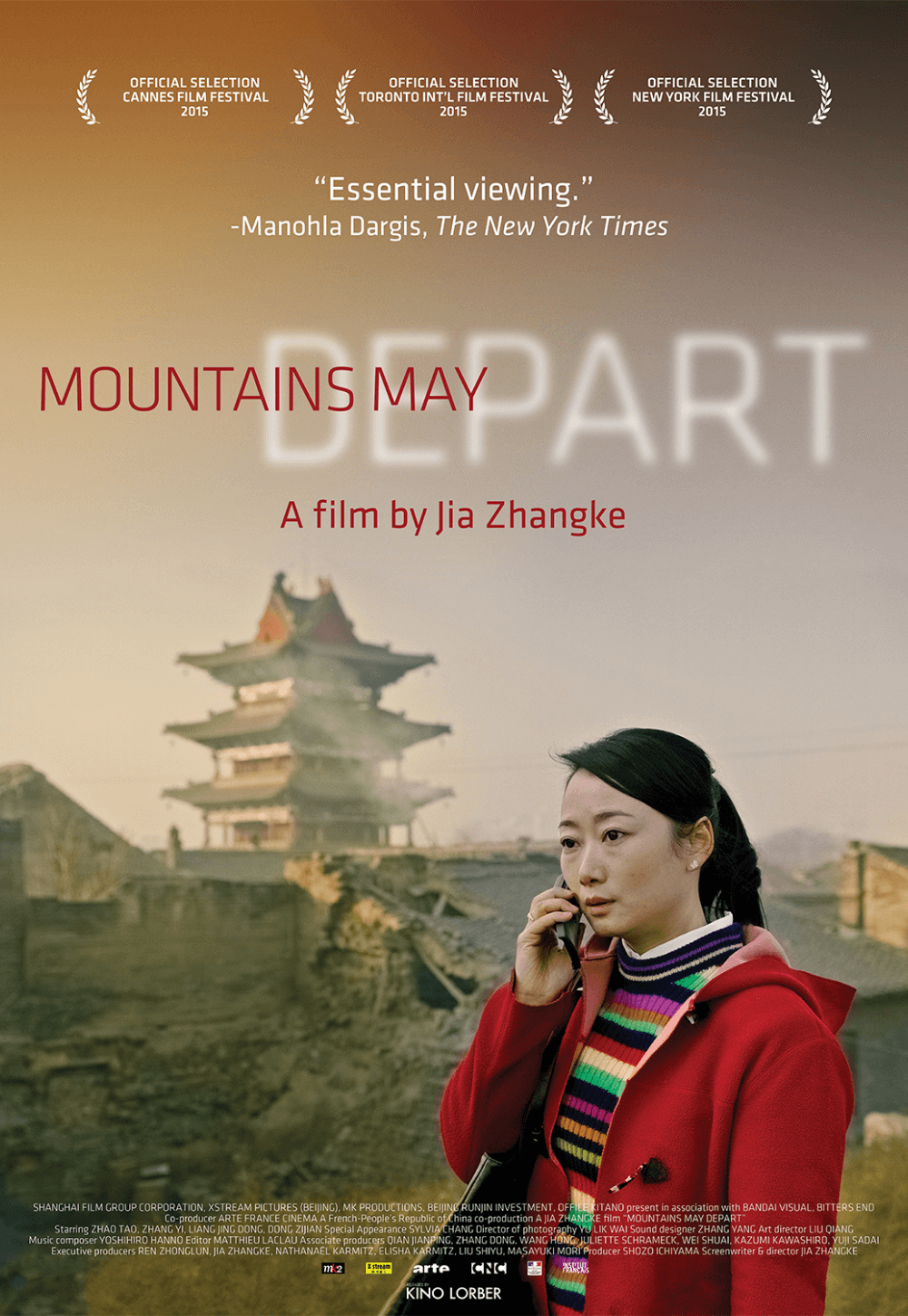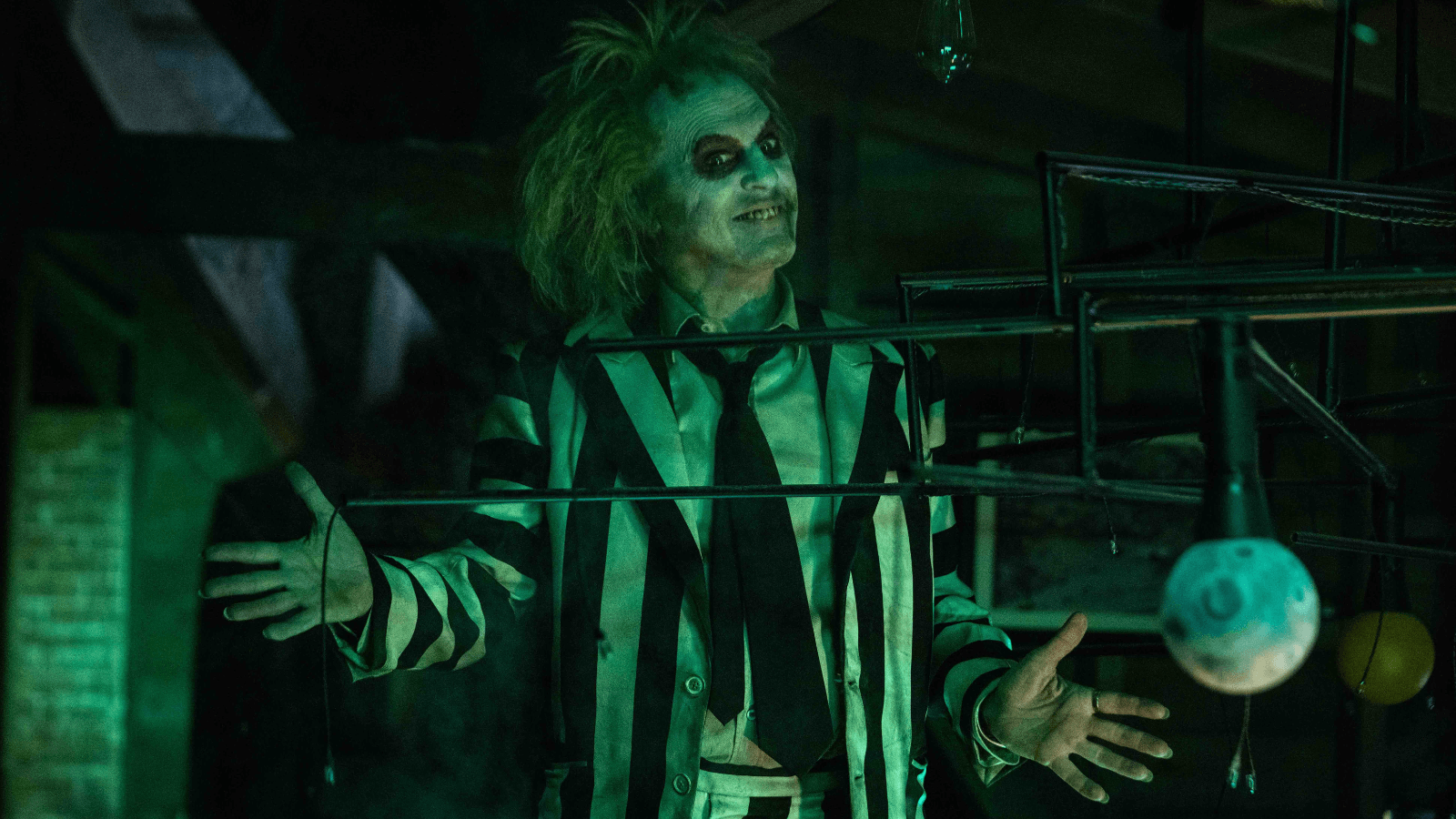
Beetlejuice Beetlejuice
By Brian Eggert |
After 36 years, Tim Burton’s Beetlejuice still feels like one of those peculiar miracles from yesteryear that defies everything studio executives today hold dear. It’s an idiosyncratic blend of macabre humor, expressionist angles, Gothic sensibilities, amusing observations about human behavior, and calypso music, in which the titular character functions as a demonic Looney Tune unleashed on the proceedings. Not based on previous intellectual property, it’s the sort of production that earned Burton his reputation for stories about misunderstood outsiders. Given that it doesn’t fit into any mold of its time, it’s a wonder the movie ever got made, but I’m glad it did. I’ve watched Beetlejuice countless times since the 1980s, and ever since, there have been rumblings of a sequel. The vacuum left by the sequel’s many false starts and delays over the years was filled by promotional toys, an animated series, a Broadway musical, and consumer products galore, building a recognizable brand. But now that the sequel, Beetlejuice Beetlejuice, has arrived, it proves to be an edgeless affair, less another helping of the strange and unusual than a product copied from the original and jam-packed with plotlines to distract from its oppressive sameness.
As with most Hollywood legacy sequels, the problems reside in the screenplay and its inability to set aside the original and try something altogether new, even marginally different, or that builds upon the 1988 movie in a natural expansion. Here, writers Alfred Gough and Miles Millar, known for everything from The Mummy franchise to Hanna Montana, deliver a chunk of fan service with callbacks to the original every few minutes. The story features another unexpected death as an inciting incident, another lip-synched possession, another duplicitous but incompetent snob, and ends with another wedding visited by a sandworm from Saturn. I could continue with the parallels, but why bother? Everything in between these familiar beats contains enough randomness and Halloween-esque imagery to keep the viewer amused, but it registers somewhere between playful and forced. Everyone involved appears to enjoy working in this paranormal realm again, Burton most of all; however, no one has anything compelling to do.
Following Hollywood’s tendency to overstuff stories and underservice characters, Beetlejuice Beetlejuice involves several plotlines that feel sewn together into a gawky whole. This is never more apparent than the threat posed by Delores (Monica Bellucci, playing a role similar to her part in 2005’s The Brothers Grimm). In an unnecessary origin story for Betelgeuse (Michael Keaton, reprising the iconic role), we learn Dolores was his wife in the fourteenth century during the Black Death. Though dismembered and placed in storage, she escapes captivity in the afterlife and staples herself back together, resembling an amalgam of Morticia Addams, Frankenstein’s monster, and Sally from The Nightmare Before Christmas (1993). Determined to suck the souls of the dead, she’s after Betelgeuse for reasons that remain not entirely clear. Although Burton delivers her introduction in an inspired Mario Bava-esque flashback in black-and-white that winks at Black Sunday (1960), the character remains a plot device more than someone with clear motivations. That conflict would be enough for one movie, but Beetlejuice Beetlejuice has plenty more crammed into the 107-minute runtime.
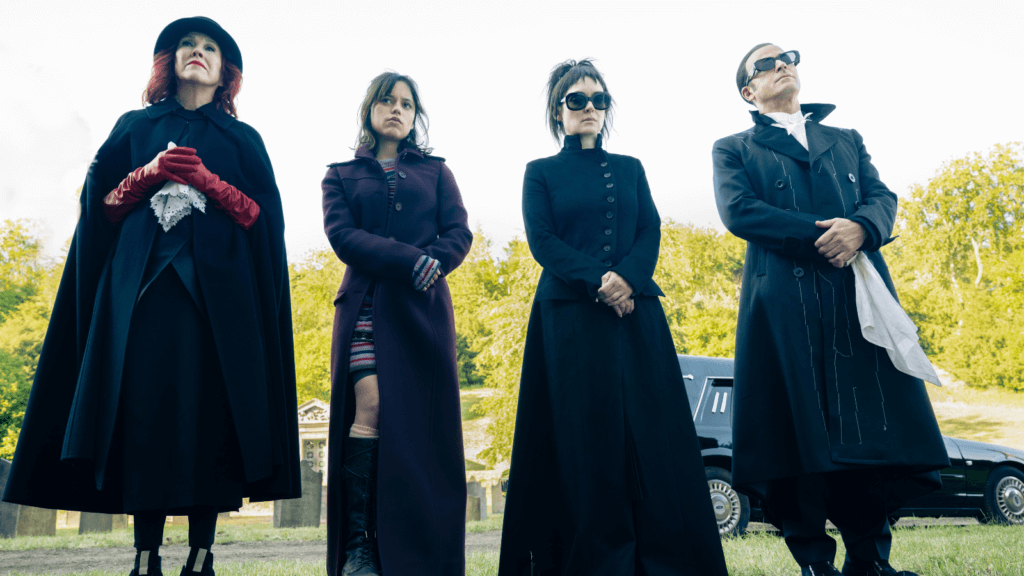 After a death in the family, Lydia Deetz (Winona Ryder)—now a self-proclaimed “psychic mediator” between the living and the dead, and with a talk show to prove it—returns home to Winter River. She’s joined by her self-absorbed artist stepmother Delia (Catherine O’Hara), estranged skeptic daughter Astrid (Jenna Ortega, from Burton’s Wednesday series on Netflix), and producer-boyfriend Rory (Justin Theroux, playing the same sort of self-absorbed phony he played in 2012’s Wanderlust). Even though I could write another thousand words detailing the sequel’s many subplots, here’s the short version: the movie boasts two dead fathers, a surprise killer, a detective’s investigation, a race to prevent a wrongful death, and probably a few others I’m forgetting. Beetlejuice Beetlejuice spends so much time racing from one disastrous situation to the next that there’s hardly time to enjoy this world. Much of what worked about the 1988 film was how much time it spent getting to know its characters—that’s what made it memorable, not the story about a demon trying to marry a teenage girl to reenter the land of the living.
After a death in the family, Lydia Deetz (Winona Ryder)—now a self-proclaimed “psychic mediator” between the living and the dead, and with a talk show to prove it—returns home to Winter River. She’s joined by her self-absorbed artist stepmother Delia (Catherine O’Hara), estranged skeptic daughter Astrid (Jenna Ortega, from Burton’s Wednesday series on Netflix), and producer-boyfriend Rory (Justin Theroux, playing the same sort of self-absorbed phony he played in 2012’s Wanderlust). Even though I could write another thousand words detailing the sequel’s many subplots, here’s the short version: the movie boasts two dead fathers, a surprise killer, a detective’s investigation, a race to prevent a wrongful death, and probably a few others I’m forgetting. Beetlejuice Beetlejuice spends so much time racing from one disastrous situation to the next that there’s hardly time to enjoy this world. Much of what worked about the 1988 film was how much time it spent getting to know its characters—that’s what made it memorable, not the story about a demon trying to marry a teenage girl to reenter the land of the living.
Refreshingly, Burton is at his most unhinged since Mars Attacks! (1996), indulging in whatever whim or visual gag strikes his fancy. After so many years of watching him adapt various books and intellectual properties for studios such as Disney (Alice in Wonderland, 2010; Dumbo, 2019) and Fox (Miss Peregrine’s Home for Peculiar Children, 2016), it’s a pleasure to see him unleashed on material that he had a part in creating. Although I can attest to only a few chuckles throughout Beetlejuice Beetlejuice, several morbid details impressed me. A recurring Betelguese baby, reminiscent of the zombie child from Peter Jackson’s Dead Alive (1992), is perhaps the most daring and twisted inclusion. I also enjoyed seeing a group of social media influencers get sucked into their devices—an apt metaphor that registers as old-school nonconformist Burton. Less inspired is the presence of disco music throughout the sequel, an apparent nod to the afterlife’s “Soul Train,” surrounded by a disco-dancing ’70s crowd, that takes the dead to the Great Beyond. The climax set to Richard Harris singing “MacArthur Park” is just as nonsensical as Harry Belafonte’s music was to the original, but somehow less fun.
The sequel often looks impressive thanks to production designer Mark Scruton, cinematographer Haris Zambarloukos, and costume designer Colleen Atwood, all of whom rely less on digital effects than most of Burton’s recent output. The tactility of the sets and effects is admirable, giving the sequel a handmade quality. I could see the white and green makeup caked on Keaton’s face; I could tell the assortment of dead people in the afterlife’s waiting room had been assembled with puppetry and makeup. When there is CGI, it’s generally not good-looking, from Delores’ reassembly scene to the sequences on Saturn, but these moments remain minor. This is the best a Burton film has looked since Frankenweenie (2012) or Sweeney Todd (2007). What a difference tangible details make in convincing us that this world exists, and the characters inhabit it. You get the sense that Burton and company had a great time playing dress-up and arranging black lights, as though staging an elaborate funhouse on Warner Bros.’s dime, and then setting it all to an amped-up version of Danny Elfman’s wonderful score.
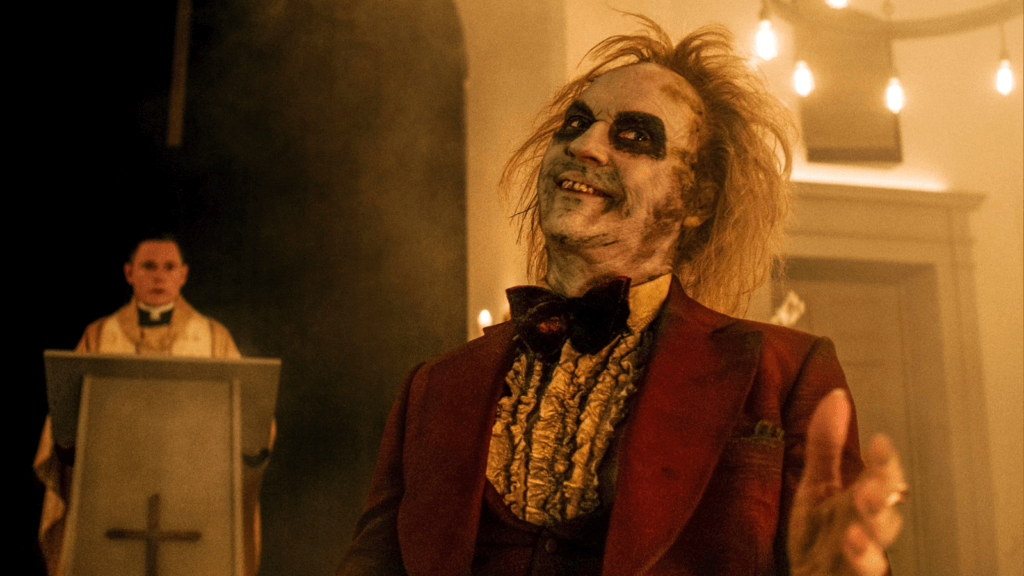 There’s also an aura of cosplay here, which tends to happen with legacy sequels. The actors, now more than three decades older, don their outfits again and look not quite right under obvious and ill-fitting wigs. Keaton remains entertaining and delightfully cartoonish, though he’s saddled with far too much dialogue and too many catchphrases regurgitated from the original. Ryder, whose welcome return to the spotlight since Netflix’s Stranger Things repopularized her, has meta notes to play as a recovering pill-popper with a troubled past marred by loss. O’Hara has some memorable bits as well. Ortega continues her streak of performances playing young women with a no-bullshit attitude, always with a detachment that finds her situation “lame” or “so random.” And if you’re wondering what happened to the Maitlands (Geena Davis, Alec Baldwin), the original owners of the Deetzs’ Winter River home who were supposed to be stuck there for more than a century, a banal line of dialogue explains that Lydia found a “loophole” that allowed them to leave. Astrid remarks, “How convenient”—the movie’s attempt to cover its laziness with self-awareness. But acknowledging bad writing doesn’t miraculously render it clever.
There’s also an aura of cosplay here, which tends to happen with legacy sequels. The actors, now more than three decades older, don their outfits again and look not quite right under obvious and ill-fitting wigs. Keaton remains entertaining and delightfully cartoonish, though he’s saddled with far too much dialogue and too many catchphrases regurgitated from the original. Ryder, whose welcome return to the spotlight since Netflix’s Stranger Things repopularized her, has meta notes to play as a recovering pill-popper with a troubled past marred by loss. O’Hara has some memorable bits as well. Ortega continues her streak of performances playing young women with a no-bullshit attitude, always with a detachment that finds her situation “lame” or “so random.” And if you’re wondering what happened to the Maitlands (Geena Davis, Alec Baldwin), the original owners of the Deetzs’ Winter River home who were supposed to be stuck there for more than a century, a banal line of dialogue explains that Lydia found a “loophole” that allowed them to leave. Astrid remarks, “How convenient”—the movie’s attempt to cover its laziness with self-awareness. But acknowledging bad writing doesn’t miraculously render it clever.
Although it’s teeming with funnily macabre details and animated performances—not to mention an inspired final sequence that delivers another in 2024’s line of nightmarish pregnancy scenes (see also The First Omen, Immaculate, and Alien: Romulus)—Beetlejuice Beetlejuice feels alternately inspired and compulsory. It’s too dependent on myriad subplots and callbacks, as though everyone wanted to make a sequel but couldn’t settle on which story to tell, so they pieced together several potential storylines into one movie, leaving none of them engaging and the movie uneven. On the press tour for Beetlejuice Beetlejuice, Burton has been vocal about wanting to shed his experience with Disney and return to his roots. But this sort of bursting-with-plot blockbuster template is precisely what the director has been making for much of this century. One can see evidence of his former self in the touchable production values and nasty little comic details, which may be enough for some viewers. However, this sequel proves Burton hasn’t scraped off how Hollywood has influenced him and that he’s no longer an outsider but a filmmaker whose voice has been subsumed and repackaged into a commodity. For this longtime admirer of Burton’s early work, this much-anticipated sequel is a disappointment, even while showing putrid glimmers of inspiration and instilling hope that Burton may someday return to original storytelling.
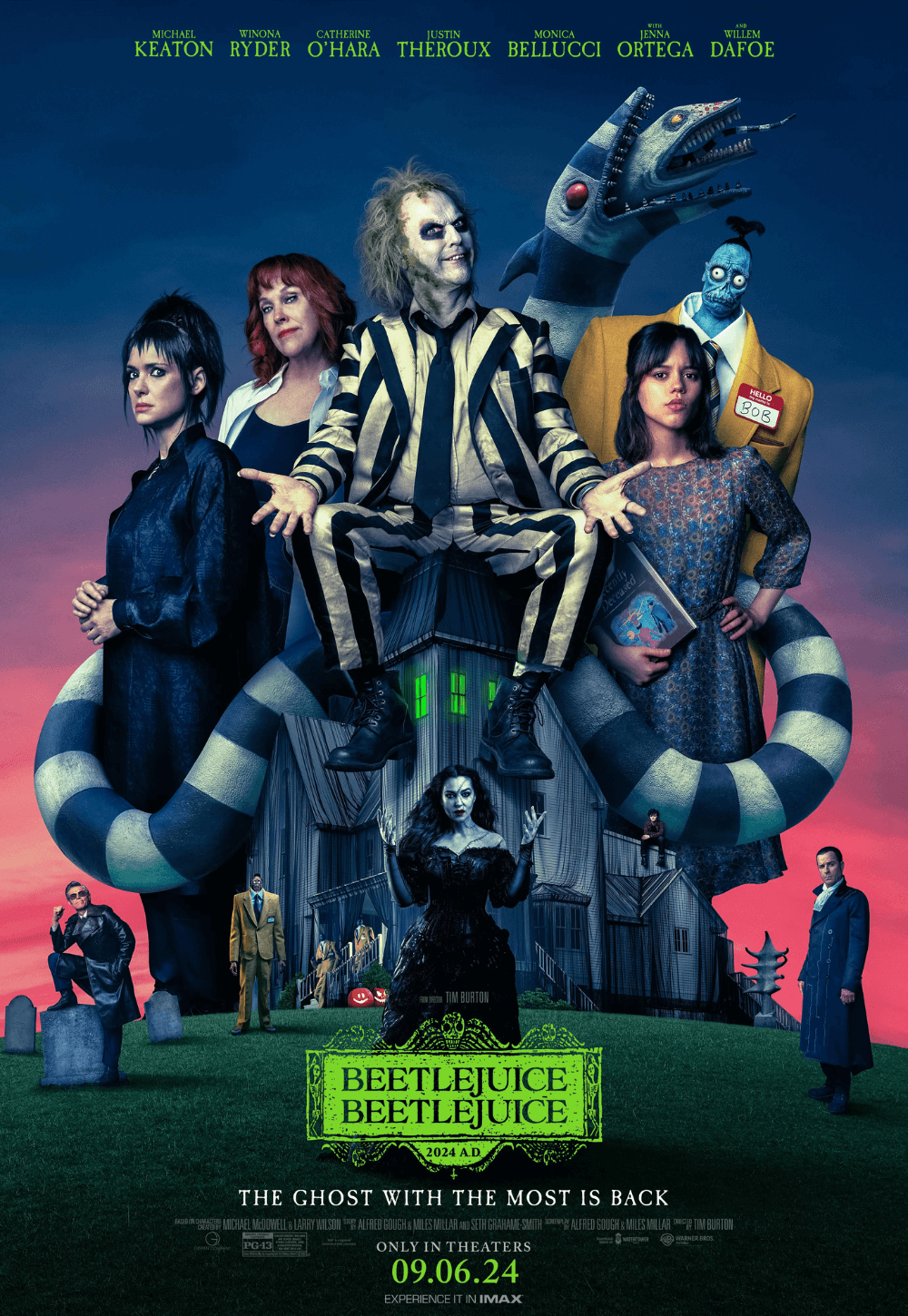
Consider Supporting Deep Focus Review
I hope you’re enjoying the independent film criticism on Deep Focus Review. Whether you’re a regular reader or just occasionally stop by, please consider supporting Deep Focus Review on Patreon or making a donation. Since 2007, my critical analysis and in-depth reviews have been free from outside influence. Becoming a Patron gives you access to exclusive reviews and essays before anyone else, and you’ll also be a member of a vibrant community of movie lovers. Plus, your contributions help me maintain the site, access research materials, and ensure Deep Focus Review keeps going strong.
If you enjoy my work, please consider joining me on Patreon or showing your support in other ways.
Thank you for your readership!
Brian Eggert | Critic, Founder
Deep Focus Review


